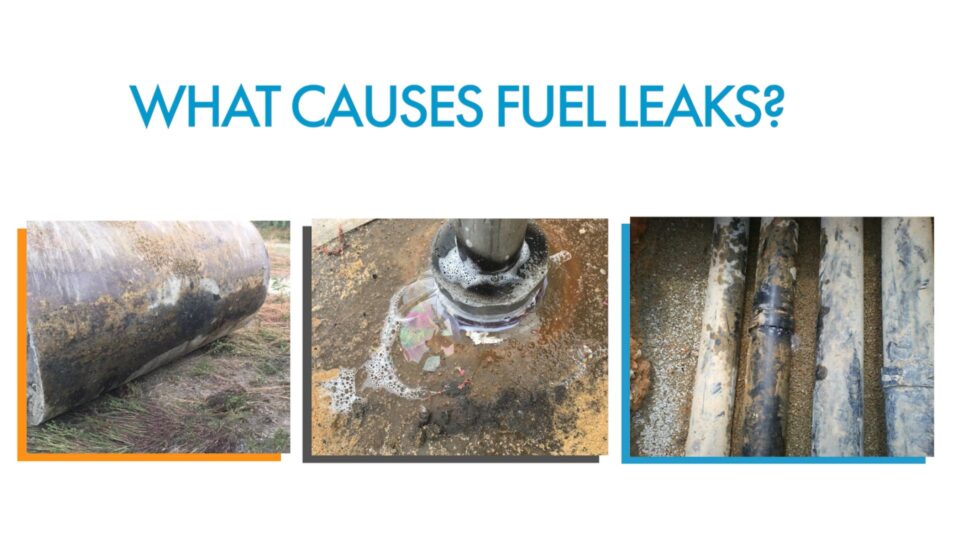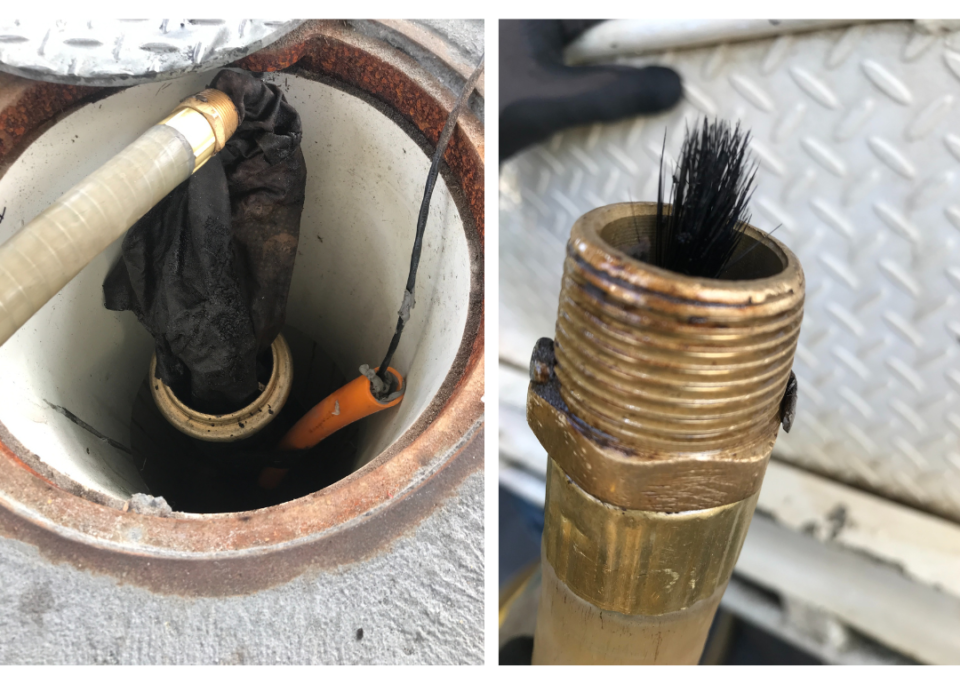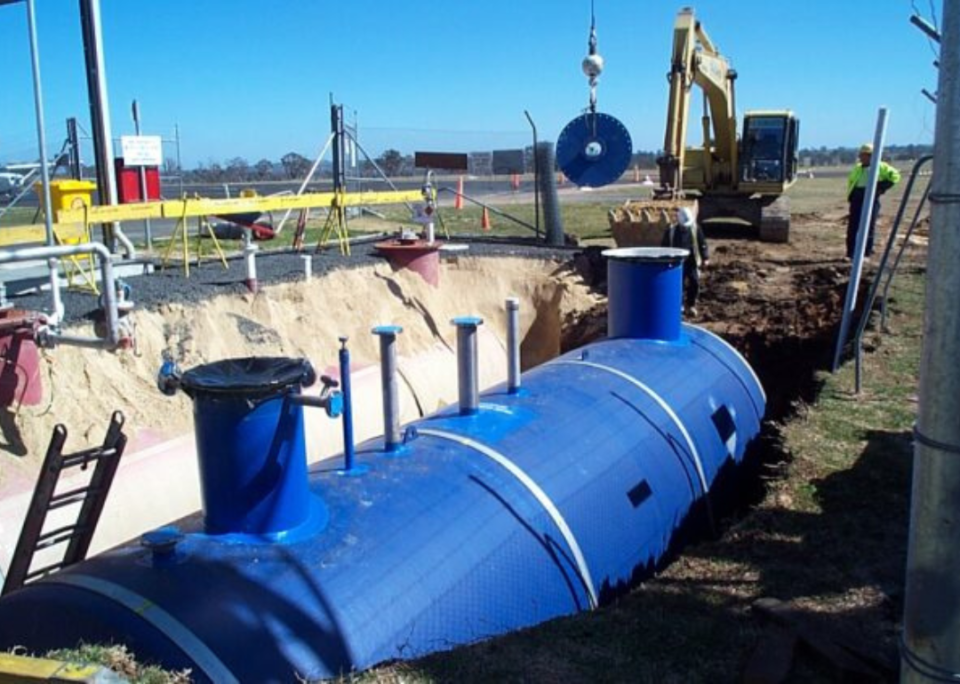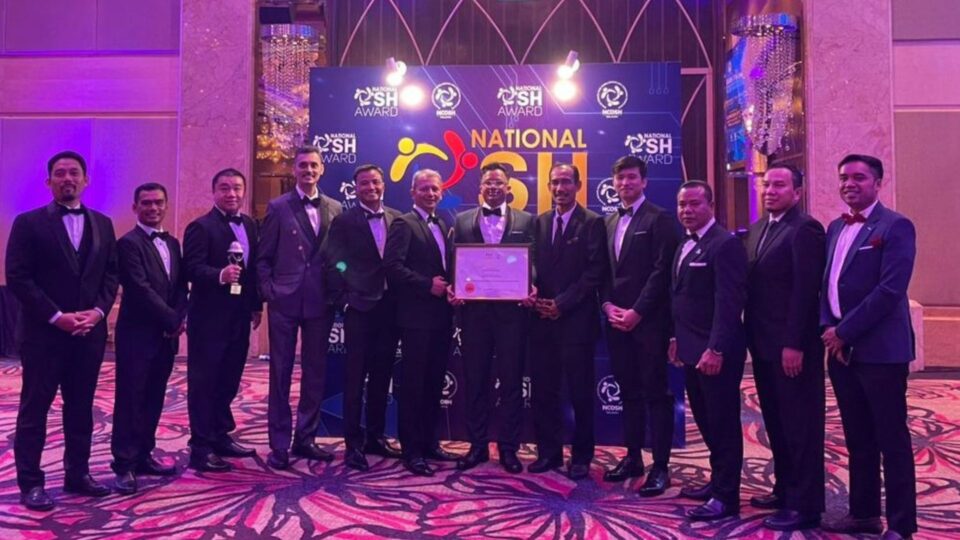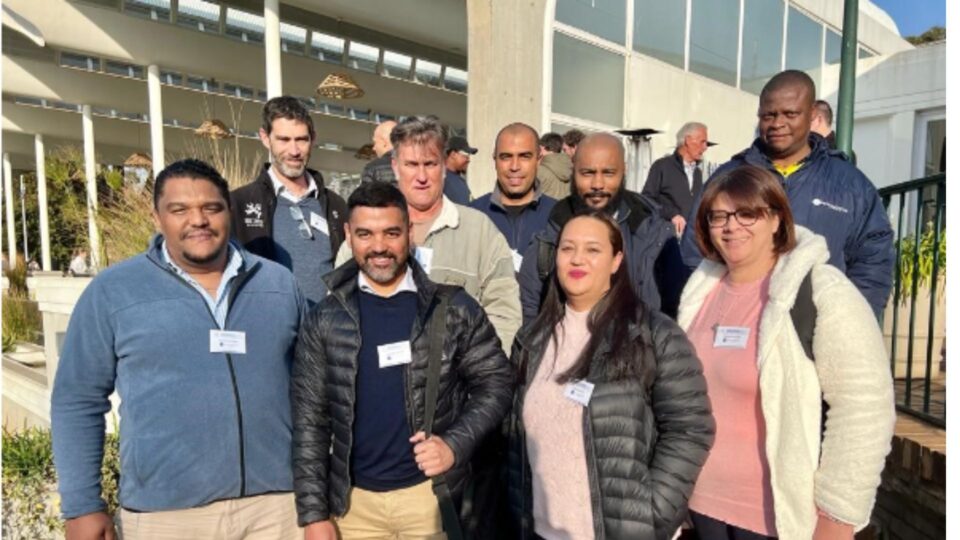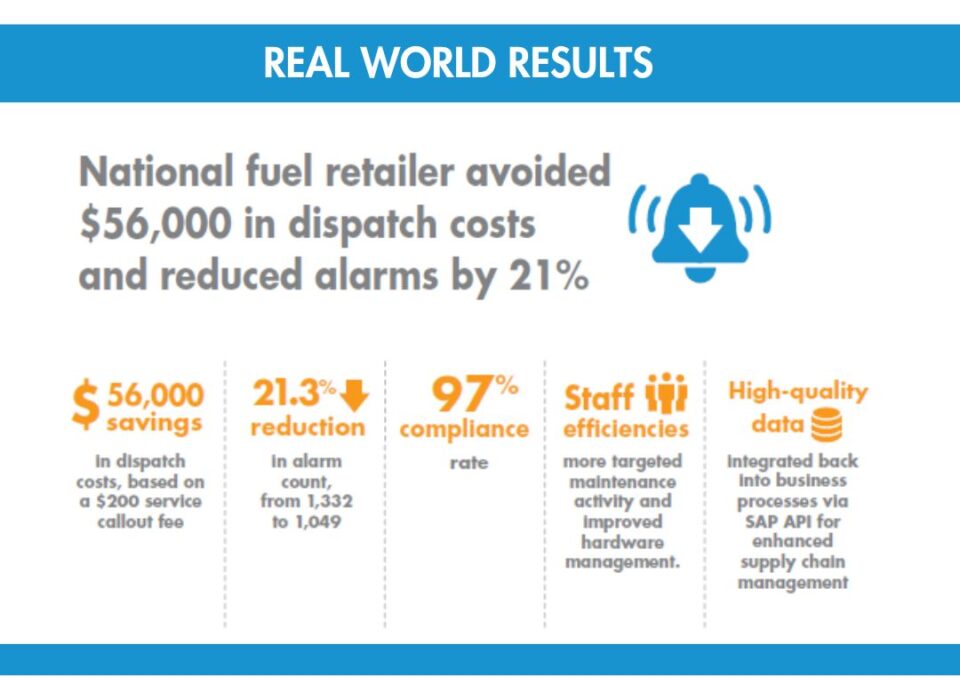- 11.10.2023
- Tank & Line Testing, Cleaning
UPSS Compliance Handy Reference
Articles
UPSS Compliance Handy Reference
As we all know, owning and operating a service station or network of sites in Australia comes with very specific environmental compliance requirements in order to take all reasonable precautions to prevent damage to the environment.
The cornerstone of Australian UPSS regulations is Australian Standard (AS4897-2008) which includes information on UPSS design and management to prevent and detect leaks.
As a retail fuel site owner or operator you must have a fuel loss monitoring system in place (such as SIRA) for early detection of fuel loss. It incorporates these key elements:
- Daily monitoring of wet stock volumes to identify volume anomalies (i.e. losses) of 18 litres per day at 95% confidence level.
- Daily review of results by a ‘suitably qualified person’ who understands the dynamics of losses and knows how to identify results that require loss investigations
- A process of escalation, investigation and repair of leaks. An anomaly doesn’t necessarily mean there is a leak but rather there is indeed a risk of one. As a result, the business should have a formal process for timely leak investigation (and repair of any leaks that are detected).
- Maintenance procedures and record keeping. It’s important that all systems and equipment used for daily monitoring are regularly calibrated and maintained as per manufacturer specifications (including pump calibration) and keeping maintenance and loss monitoring records.
Compliance and enforcement are managed by different authorities across the states and territories.
Handy resources by state
Here’s a handy summary and list of resources for your state:
NSW
In September 2019, most sites with a UPSS located in NSW came under the enforcement authority of local councils. NSW EPA is the regulatory authority for UPSS sites that are:
- operated by public authorities
- in the unincorporated areas of NSW
- subject to an environment protection licence.
Handy links:
- https://www.epa.nsw.gov.au/your-environment/contaminated-land/upss
- https://www.epa.nsw.gov.au/-/media/epa/corporate-site/resources/contaminated-land/21p3244-self-evaluation-upss.pdf?la=en&hash=A36DDA7EB192F8668B3F296773A9229FCF37E736
- https://www.epa.nsw.gov.au/your-environment/contaminated-land/upss/resources-for-implementing-upss
- https://legislation.nsw.gov.au/view/pdf/asmade/sl-2019-411
Contact:
- EPA on 131 555 or email at UPSSREG@epa.nsw.gov.au.
VICTORIA
Victorian petroleum retailers fall under EPA Victoria’s guidance, The design, installation and management requirements for underground petroleum storage systems. New environment protection laws, The Environment Protection Amendment Act 2018, took effect in July 2020 which focuses on preventing pollution impacts rather than managing those impacts after they have occurred.
Handy links:
- https://www.epa.vic.gov.au/about-epa/our-programs-and-projects/upss
- https://www.epa.vic.gov.au/about-epa/publications/1670
- https://www.epa.vic.gov.au/about-epa/publications/888-4
- https://www.epa.vic.gov.au/about-epa/our-programs-and-projects/upss#what-site-operators-and-owners-can-expect-from-epa
- https://www.environment.vic.gov.au/__data/assets/pdf_file/0019/334450/Factsheet_Environment-Protection-Amendment-Act-2018.pdf
Contact:
- Vic EPA via email upss@epa.vic.gov.au
QLD
Under previous Queensland legislation, sites were licensed by their local council. Licences have been abolished and Workplace Health and Safety Queensland (WHSQ) is responsible for regulating the safety of service stations.
The Work Health and Safety Regulation 2011 requires the risk from hazardous chemicals be at an acceptable level (that is, risks should be minimised as far as reasonably practicable).
Handy links:
- https://www.worksafe.qld.gov.au/safety-and-prevention/hazards/hazardous-chemicals/specific-hazchem-workplaces/service-stations
- https://www.worksafe.qld.gov.au/__data/assets/pdf_file/0018/18315/guide-service-station-op.pdf
- https://www.legislation.qld.gov.au/view/html/inforce/current/sl-2011-0240
WA
The Department of Mines, Industry Regulation and Safety outlines statutory requirements as contained in the Dangerous Goods Safety (Storage and Handling of Non Explosives) Regulations 2007 (the Storage and Handling Regulations) and supporting codes of practice.
Handy links:
SA
in 2020 the South Australian EPA introduced a licencing system for petrol station to ensure their USS design, installation and management practices meet the conditions set out in the licence. This was a result of the SA government adding petrol stations to the list of activities of environmental significance requiring authorisation by the EPA under the Environment Protection Act 1993.
Where a licence condition has not been imposed, the EPA recommends that all USS system design, installation and management should comply with:
- Australian Standards 1940–2017: The storage and handling of flammable and combustible liquids
- Australian Standard 4897–2008: The design, installation and operation of underground petroleum storage systems
Other statutory authorities such as SafeWork SA also have conditions and requirements that must be adhered to.
Handy links:
https://www.epa.sa.gov.au/environmental_info/site_contamination/underground-storage-systems
Contact:
EPALicensing@sa.gov.au or (08) 8204 2004 or 1800 623 445 (for country callers).
TASMANIA
In 2020 the Tasmanian EPA introduced updated regulations, The Environmental Management and Pollution Control (Underground Petroleum Storage Systems) Regulations 2020 (UPSS Regulations). It also introduced Equipment Integrity Testing (EIT) protocols ensure that EITs are undertaken and reported in a standardised manner so that results of the test can be relied upon, and the results are easily interpreted.
Handy links:
- https://epa.tas.gov.au/about-the-epa/policy-legislation-cooperative-arrangements/acts-regulations/empca/upss-regulations
- https://epa.tas.gov.au/business-industry/regulation/underground-fuel-tanks/loss-monitoring
- https://epa.tas.gov.au/business-industry/regulation/underground-fuel-tanks
- https://epa.tas.gov.au/business-industry/regulation/underground-fuel-tanks/equipment-integrity-tests
- https://www.legislation.tas.gov.au/view/html/inforce/current/sr-2020-004
Contact:
- EPA Tasmania on 03 6165 4599 or email Enquiries@epa.tas.gov.au
ACT
The ACT EPA has guidelines for preferred methods for the installation, operation, maintenance, and removal of aboveground and underground petroleum storage systems.
They included suggested measures for meeting the requirements in the Environment Protection Act 1997 (the Act) and are in addition to the Australian Standards AS 4897 – The Design, Installation and Operation of Underground Petroleum Storage (AS 4897) Systems and AS 1940 – The Storage and Handling of Flammable and Combustible Liquids (AS 1940).
Handy links:
Contact:
- ACT EPA on 13 22 81 or email environment.protection@act.gov.au, or visit www.accesscanberra.act.gov.au.
